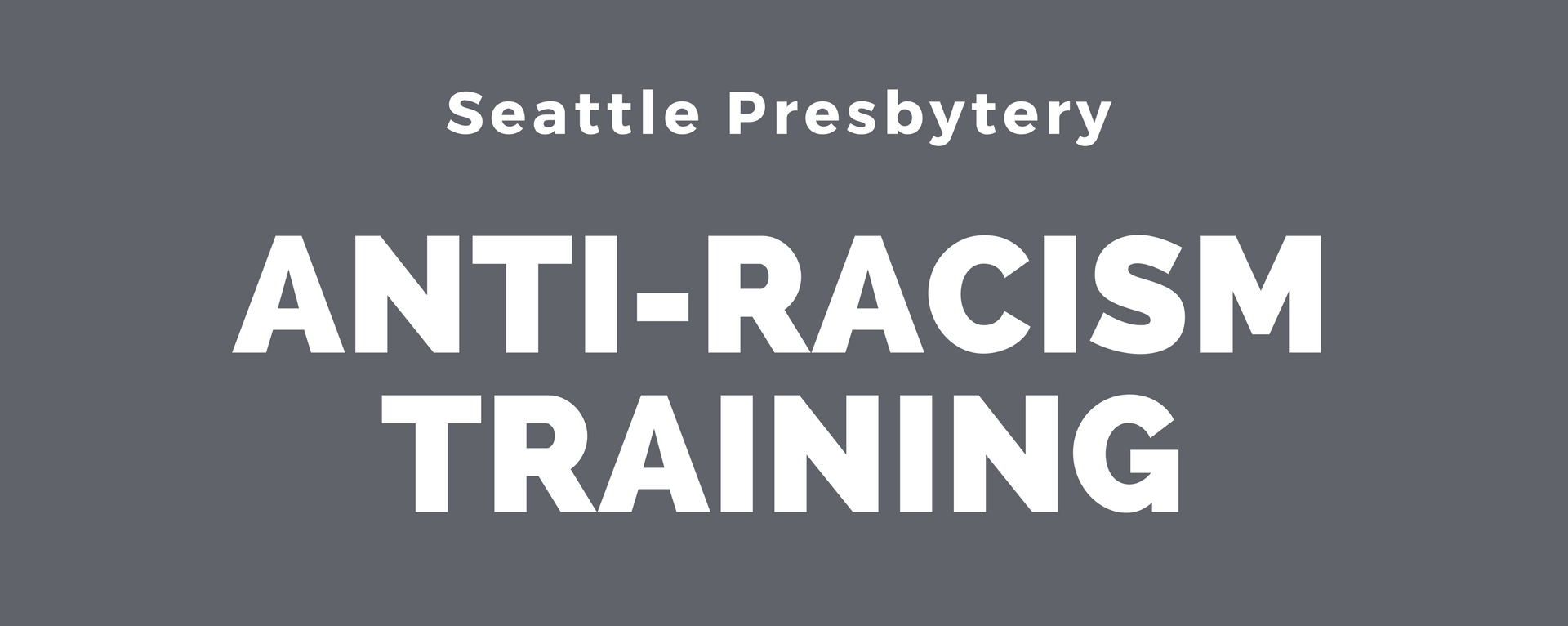Anti-Racism Training & Education Opportunities
Seattle Presbytery
In September, nearly 150 people from multiple churches attended the Crossroads Anti-Racism Training offered by Seattle Presbytery. It was a powerful and transformative day of education, reflection, and equipping. For those who attended the training, we are planning to offer a follow-up discussion in early 2018 (more details coming soon). If you were unable to attend the event, look for more opportunities for anti-racism training and education later next year. For more information, please contact Haley Ballast.
More resources:
Regarding ruling elders: Cultural humility
November 16, 2017 by Presbyterian News Service
(OGA) A well-meaning worshipper says to the visiting Asian American pastor, “Your English is very good!” even though English is the pastor’s first language. It grieves her.
A white pastor fakes a Spanish accent and another colleague laughs—while I stand stunned, and grateful that none of our Hispanic or Latino/a colleagues are present.
I made my own gaffe recently when I assumed that a Korean pastor I met had a green card while serving in this country. Instead, he is an American citizen and has pastored his Presbyterian church here for almost a decade. I apologized as soon as I realized my error, but still ….
As an Asian American who lives and moves in a multiracial, multicultural context, one would think that I would “get” diversity on an enlightened level. But, not really. I struggle, make mistakes, and worry about what I’ve said or done. I’m still learning. We all are.
We used to employ the phrase “cultural competency” to describe the ability to effectively and respectfully interact with people of different cultures and races. But more widespread and helpful now is the phrase “cultural humility.” Rather than assessing a skill, and labeling one competent or not, it describes a stance—a rich and freeing one. It is a stance rooted in the servant-hearted way of Jesus Christ.
Adopting a stance of “cultural humility” with someone of a different race, class, or culture means that I choose to be “other oriented.” I seek to be teachable, because I know that I have something to learn from this person. I acknowledge that there are unjust, systemic power imbalances in this world—and in relationships because of them—and I try to be sensitive to the impact that they can have on any interaction.
